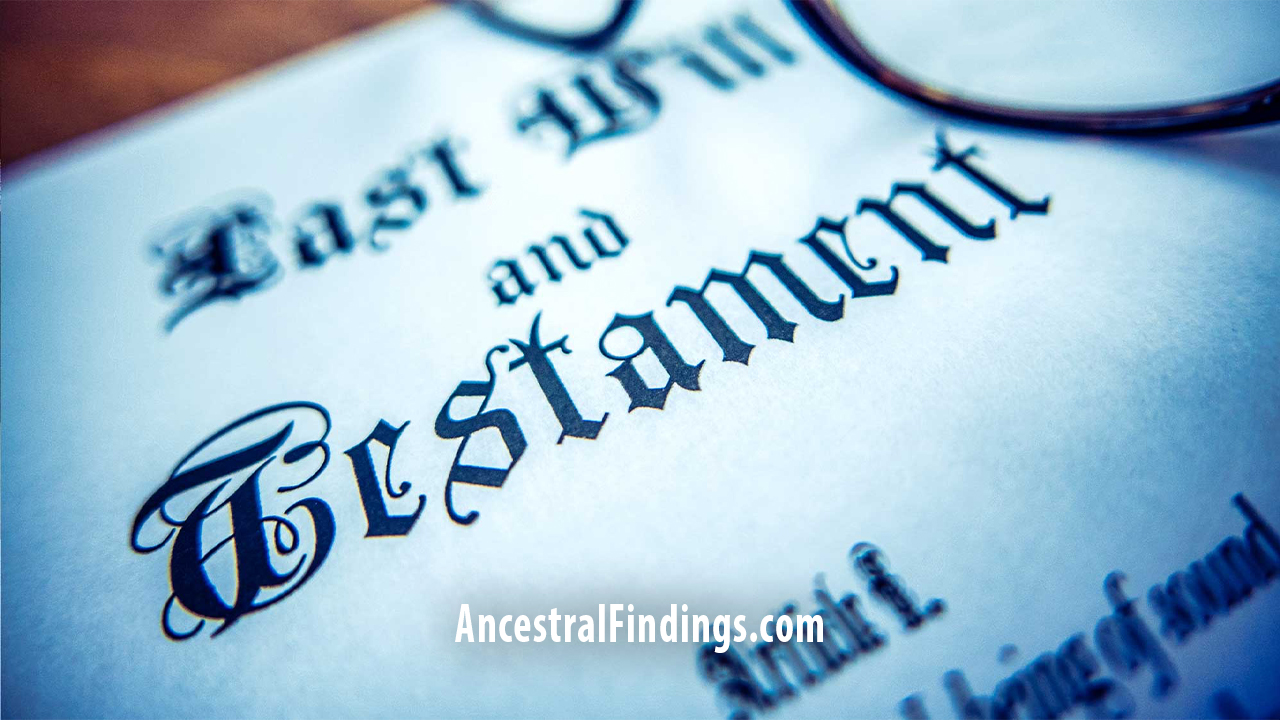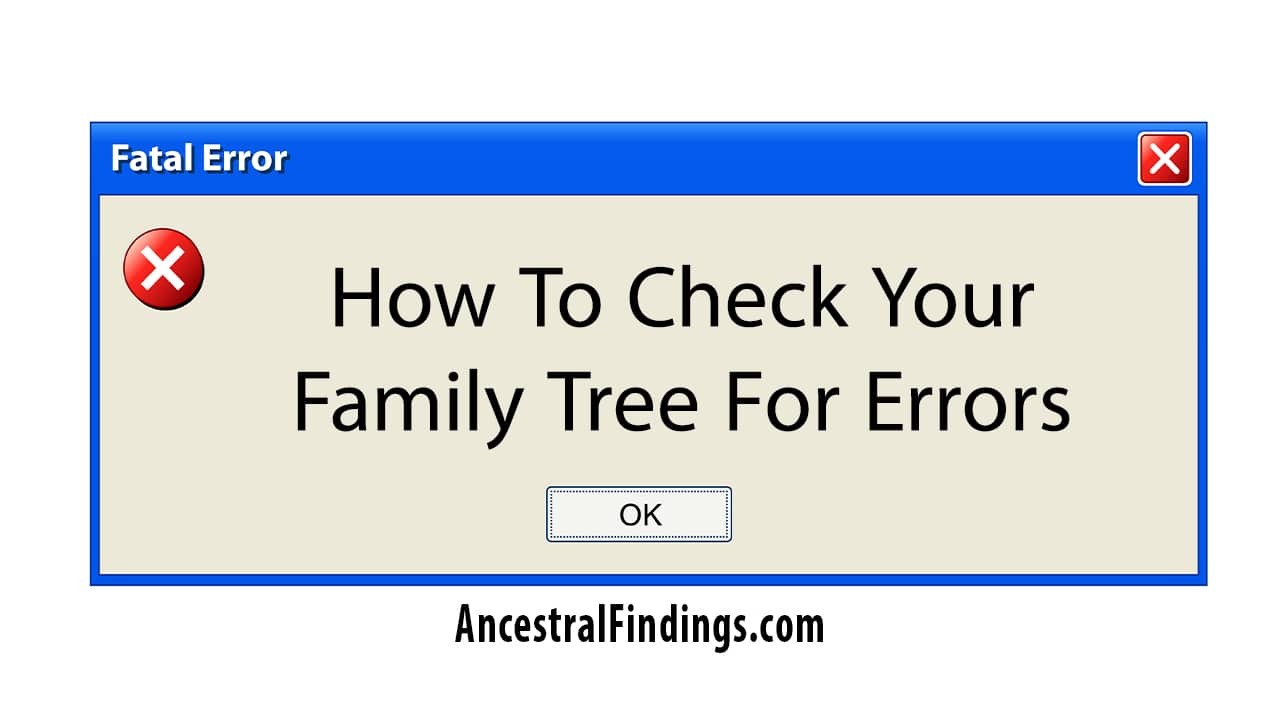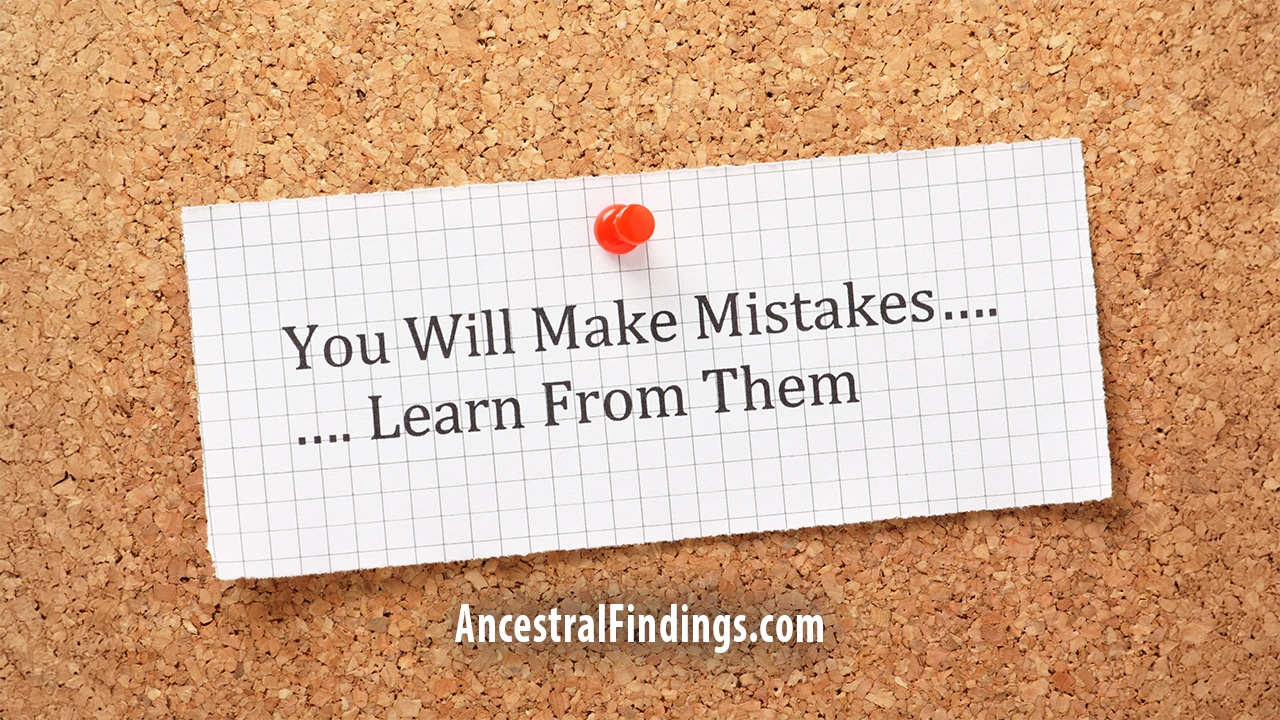I couldn’t find myself stopping with only 10 genealogical books. I’ve read so many books that have helped me in my personal genealogy research in the past 25 years. Let me know what books have helped you in your quest to find your family history. Your comments may help others with their family research… please comment below.

- The Source: A Guidebook Of American Genealogy (Third Edition) by Loretto Dennis Szucs and Sandra Hargreaves Luebking
Genealogists and other historical researchers have valued the first two editions of this work, often referred to as the genealogist’s bible.”” The new edition continues that tradition. Intended as a handbook and a guide to selecting, locating, and using appropriate primary and secondary resources, The Source also functions as an instructional tool for novice genealogists and a refresher course for experienced researchers. - The Handybook for Genealogists : United States of America (10th Edition) by R. Craig Hansen, Stephen E. Featherstone and George B. Everton
The highly anticipated 10th edition of Everton’s Handybook for Genealogists is one of the most valuable genealogy bibliography collections currently available. It is an indispensable resource for any genealogist attempting to trace their heritage using the county record system of the United States. - Bringing Your Family History to Life Through Social History by Katherine Scott Sturdevant
This first-ever guide shows researchers how to weave historical details into their genealogies to form a unique family history narrative. - International Vital Records Handbook. 6th Edition by Thomas Jay Kemp
At one time or another all of us need copies of birth, marriage, or death certificates for driver’s licenses, passports, jobs, Social Security, family history research, or for simple proof of identity. But the fact is that the application forms needed to obtain copies of vital records vary from state to state and from country to country, often necessitating a tedious and time-wasting exchange of correspondence. - The Census Book: A Genealogist’s Guide to Federal Census Facts, Schedules and Indexes by William Dollarhide and James A. Derheim
The Census Book gives many unknown facts and peculiarities about census records and includes 29 census extraction forms, 1790-1930. These forms enable you to copy and track your ancestor’s information. - Guide to Genealogical Research in the National Archives by U. S. National Archives and Record Service and United States National Archives and Records Administration
- Land & Property Research in the United States by E Wade Hone
When early settlers left their homelands to start a new life in America, they had dreams of owning their own land a prospering from their own efforts. They were suspicious of all forms of government and did their best, in many cases, to be invisible to a variety of record keepers. - A Genealogist’s Guide to Discovering Your Immigrant & Ethnic Ancestors: How to Find and Record Your Unique Heritage… by Sharon DeBartolo Carmack
Each ethnic group in America leaves a unique legacy. Distinct historical records, languages and immigration patterns create unique challenges for beginners researching relatives with different origins.The “Discovering your Ancestors” series provides clear, step-by-step instruction aimed at making this task easier. - Evidence! Citation & Analysis for the Family Historian by Elizabeth Shown Mills and Elizabeth S. Mills
Every devoted genealogist is concerned with citations in their analysis for their genealogy. Accurate citations are necessary so that the evidence can be judged and if necessary allows for the research to be repeated. The author makes it easy to help genealogists (particularly the non-expert) to make sense out of citations and to improve their genealogy search. THIS BOOK IS CONSIDERED A GENEALOGY “MUST!” - Courthouse Research for Family Historians: Your Guide to Genealogical Treasures by Christine Rose
Finally–the only guidebook devoted exclusively to research in America’s courthouses. Full of essentials starting with preparation, interacting with the clerks, using the indexes, and what to expect to find in each courthouse office. But it doesn’t stop there. Evaluating the records and using them to solve genealogical problems are included. - Map Guide to the U.S. Federal Censuses, 1790-1920 by William Thorndale and William Dollarhide
The county has always been used as the basic Federal census unit. Genealogical research in the census, therefore, begins with identifying the correct county jurisdictions. This work shows all U.S. county boundaries from 1790 to 1920. On each of the nearly 400 maps the old county lines are superimposed over the modern ones to highlight the boundary changes at ten-year intervals. - Red Book: American State, County & Town Sources, Third Edition by William Dollarhide
No scholarly reference library is complete without a copy of Ancestry’s Red Book. In it, you will find both general and specific information essential to researchers of American records. This revised 3rd edition provides updated county and town listings within the same overall state-by-state organization. - Organizing Your Family History Search: Efficient & Effective Ways to Gather and Protect Your Genealogical Research by Sharon DeBartolo Carmack
As genealogists everywhere will testify, few hobbies generate more paper work than genealogy. This guide successfully tackles the process of organising family research, from filing piles of paper to streamlining the process as a whole.’ - The BCG Genealogical Standards Manual by Board for Certification Of Genealogists
Family historians depend upon thousands of people unknown to them. They exchange research with others; copy information from books and databases; and write libraries, societies, and government offices. At times they even hire professionals to do legwork in distant areas and trust strangers to solve important problems. But how can a researcher be assured that he or she is producing or receiving reliable results? This official manual from the Board of Certification for Genealogists provides a standard by which all genealogists can pattern their work. - U.S. Military Records: A Guide to Federal & State Sources, Colonial America to the Present by James C. Neagles
From the earliest days of the United States, millions of Americans have served their country in the military. Indeed, most families have seen one or more members serve in America’s armed forces. For this reason, genealogists and others wisely look to military records for information needed to enhance their research.






